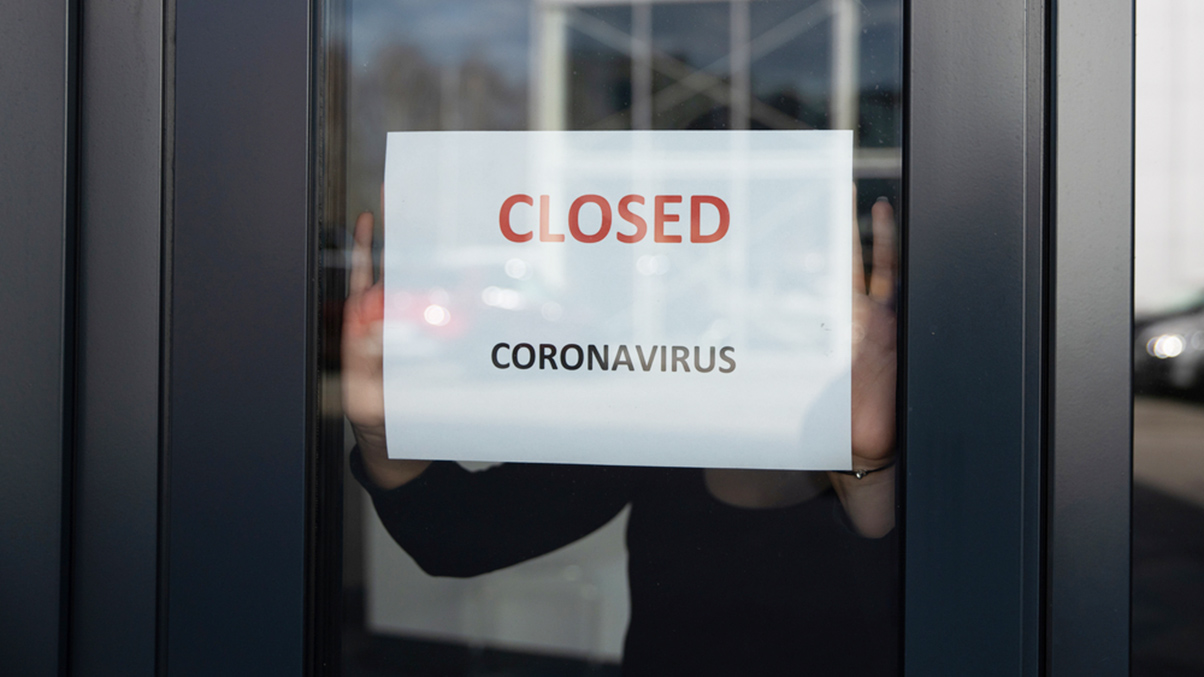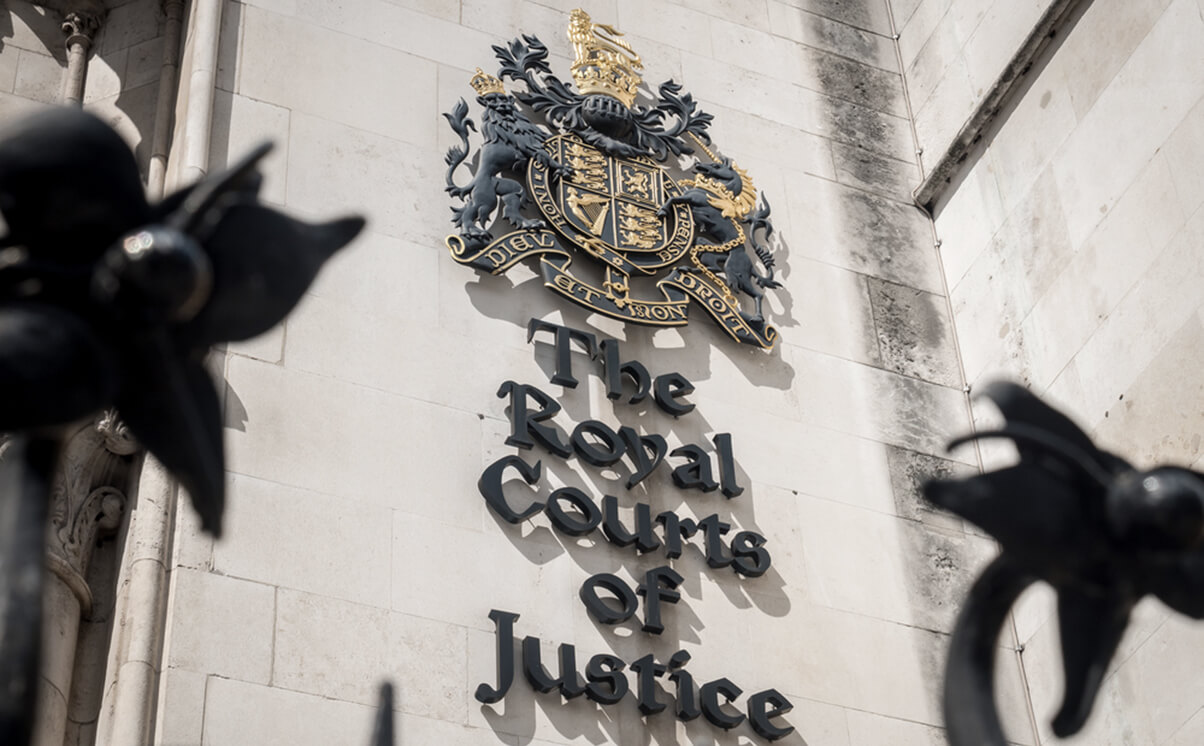The Court of Appeal has handed down judgment in a case concerning the Core VCT PLC companies (In Members Voluntary Liquidation) [2020] EWCA Civ 1207. The case concerns an order made to restore three dissolved companies after they went through a solvent liquidation process (ie no creditors still owed money), putting them back into solvent liquidation and appointing liquidators to investigate not only the affairs of the company but also the conduct of the ex-liquidators. The restoration application was made without notice to the ex-liquidators or members.
The restoration application was made by two aggrieved minority shareholders who wanted the affairs of the three Core VCT companies (all venture capital trusts) to be investigated in relation to dealings alleged to have occurred both before and after the companies were put into liquidation. The companies were managed by two fund manager companies, consecutively, whose founders and managing partners were a Mr Fakhry and Mr Edwards, who were also members of the companies.
Order restoring the companies and appointing new joint liquidators
The High Court agreed to make an order restoring the companies and appointed new joint liquidators nominated by these minority shareholders.
The new liquidators then commenced investigations into the companies, demanding information and documents from, respectively, Mr Fakhry and Mr Edwards (being connected to the historical funding arrangements of the companies), as well as one of the former liquidators (the other having since moved firms).
The incumbent liquidators’ claims of alleged wrongdoing on the part of Mr Fakrhy and Mr Edwards included:
- The making of an amendment of the companies’ articles to enhance the class of shares of other shareholders to the detriment of the minority shareholders;
- The writing off of loans owed by connected companies;
- The transfer of assets of the companies to connected companies at an undervalue.
To assist with their investigations, the joint liquidators applied to the High Court seeking an order compelling the cooperation of Mr Fakhry, Mr Edwards’ and the former liquidator to deliver up various company and liquidation papers (under ss234 and 236 of the Insolvency Act 1986).
Cross-application
Shortly after this, a cross application was made by the former liquidator and Mr Fakhry for:
- A dismissal of the restoration orders and removal of the new joint liquidators; or,
- The removal of the joint liquidators and their replacement by the former joint liquidator; or,
- The calling of a meeting of shareholders to decide whether the companies should remain in liquidation and if so, who should be the liquidator/s.
The joint liquidators claimed the above heads of relief all sought the same end, namely to put an end to any independent investigation of the companies’ affairs.
The High Court dismissed the cross-application in its entirety.
Appeal to the Court of Appeal
The cross applicants appealed this judgment to the Court of Appeal on a number of grounds, including the following:
- The decision-making in a solvent company (including in a solvent company in members voluntary liquidation) is for the members, with the majority binding the minority.
- The judge was wrong to accept that the minority shareholders had no alternative remedy to seeking relief via a restoration and the appointment of a fresh liquidator.
- The judge failed to appreciate the serious injustice caused to the appellants by the companies being restored and new liquidators appointed without notice to the old ones.
- The so-called “adverse interests principle” that says a party who has an interest in a liquidation adverse to its purpose should not be allowed to seek the removal of a liquidator by the court does not exist as a principle and in any case relates only to insolvent situations.
Decision of the Court of Appeal
The appeal was allowed by the Court of Appeal, with Lord Justice Richards acknowledging the sovereignty of the members by majority to decide matters concerning a company in a solvent liquidation albeit tempered by the court’s ultimate power to remove and replace liquidators on an application by any person the court thinks proper, which power is not analogous to the removal of directors by the members (and only members).
The Court of Appeal also:
- rejected the suggestion that the minority shareholders did not have other remedies outside of a restoration procedure.
- expressed limited views on the adverse interests principle: it doubted whether it existed as a principle as opposed to a highly material factor in the exercise of discretion on a removal application.
- considered the present liquidators should stay in office, subject to the calling of a meeting of members to vote on the restorations, the proposed investigations and whether the current liquidators should remain in office.
- did not decide whether those members who are the subject of the investigations might be either prohibited from voting, or their votes subsequently discounted by the court but, if they were, the minority shareholders’ votes should be treated in the same way.
Remittance to the Companies Court
The matter is to be remitted to the Companies Court which will, in effect, now micro-manage all steps leading up to the meeting, including notice and circulation of information to members. After the meeting, the Companies Court will then decide whether the restoration order should stand or be set aside.
You can find further information regarding our expertise, experience and team on our Contentious Insolvency page.
If you require assistance from our team, please contact us or alternatively request a call back from one of our lawyers by submitting this form.
Subscribe – In order to receive our news straight to your inbox, subscribe here. Our newsletters are sent no more than once a month.







